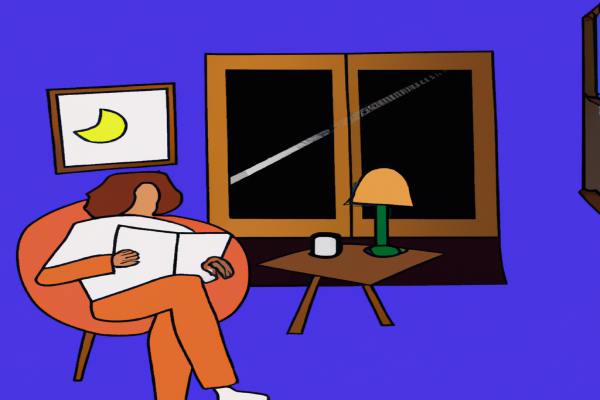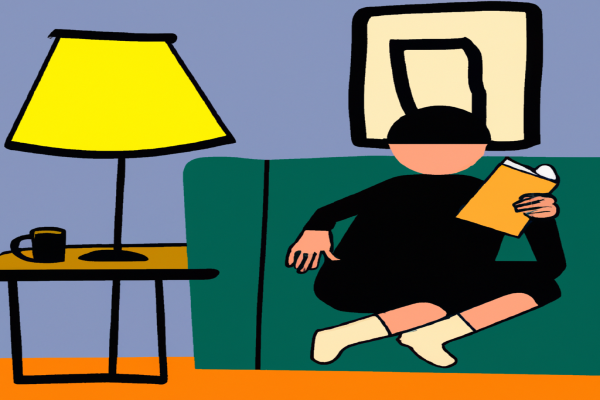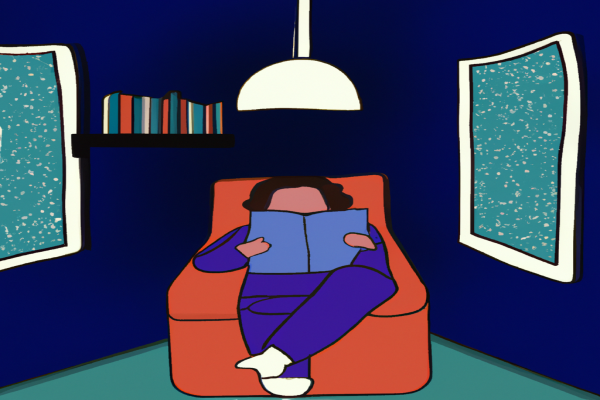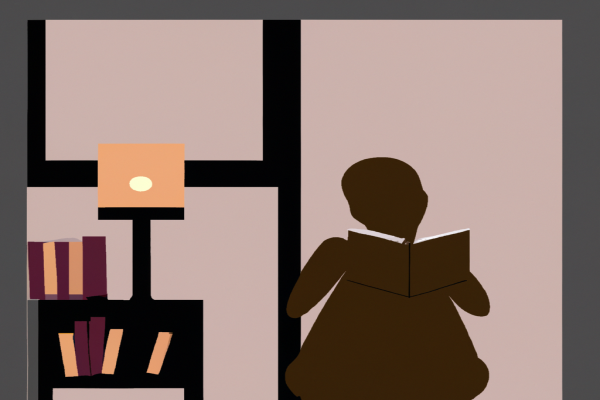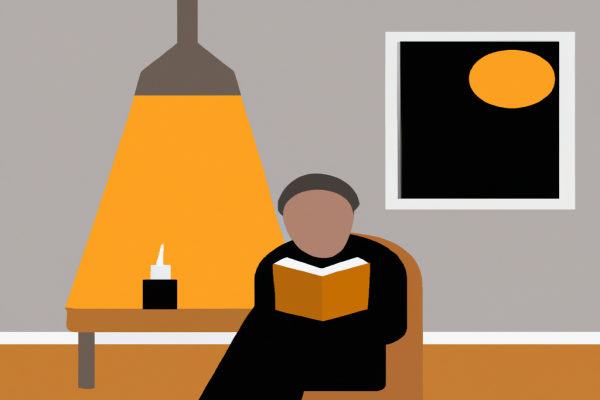The Handmaid's Tale: Summary

The Handmaid's Tale is a dystopian novel written by Margaret Atwood. It tells the story of Offred, a woman living in a near-future society where the government has stripped women of all their rights and basically turned them into property. Offred is one of many handmaids who are assigned to powerful men in order to bear children for them. She struggles against her oppressive environment while trying to find her missing daughter and protect her own life. Along the way she also discovers secrets about the past that reveal how society arrived at this awful place.
Want to know more?
What is The Handmaid's Tale about?
The Handmaid's Tale is a dystopian novel by Margaret Atwood, set in the near future. It centers around a woman named Offred, who is one of many handmaids in a totalitarian society called Gilead. In this society, women are treated as objects and used solely for their reproductive capabilities. Through the eyes of Offred, readers experience the oppressive rule of Gilead and its oppressive treatment of women. The key themes of The Handmaid's Tale are gender inequality, oppression, power dynamics, and control. The novel explores how control over women’s bodies and lives can be used to oppress them and keep them subjugated. It also looks at how men have traditionally held more power than women in society, and how this power dynamic affects the way women are treated. Finally, it examines the ways in which people can resist these oppressive forces and strive for freedom and equality.
The Handmaid's Tale: Book Club Questions
- How does the setting in The Handmaid's Tale contribute to the story?
- What do you think is the most significant theme explored in The Handmaid's Tale?
- How does the author use symbolism to illustrate their points?
- What is Offred's character arc throughout the novel?
- How do Offred's past experiences shape her current circumstances?
- Do you think Gilead is an accurate representation of a totalitarian regime?
- How does The Handmaid's Tale address issues of gender roles and power dynamics?
- What do you think is the main message that Atwood wants readers to take away from this book?
- Why do you think The Handmaid's Tale has remained so popular over the years?
- In what ways do you think The Handmaid's Tale is still relevant today?
What to say about The Handmaid's Tale
- The Handmaid's Tale is a powerful and thought-provoking exploration of themes such as power, gender roles and oppression.
- It is a vivid reminder of the fragility of freedom and of how quickly it can be taken away.
- The novel paints an incredibly disturbing picture of patriarchy and its effects on society.
- Through the protagonist, Offred, we are shown the strength of women in the face of such adversity.
- The Handmaid’s Tale highlights the dangerous consequences of religious extremism and fanaticism.
- The symbolic use of language throughout provides an interesting contrast between what is said and what is actually meant.
- Margaret Atwood is highly successful at creating a dystopian world which is both frighteningly familiar and yet completely alien to our own experience.
- It raises important questions about identity, freedom and control which are still relevant today.
- The Handmaid’s Tale serves as a warning against allowing religious beliefs to be used as justification for oppressive rule or government control over its citizens.
- The novel offers a unique insight into how women are affected by oppressive regimes and shows us that hope should never be lost, no matter how dire the circumstances may seem.
Top 5 Quotes from The Handmaid's Tale
- "Nolite te bastardes carborundorum."
- "Don't let the bastards grind you down."
- "Better never means better for everyone... It always means worse, for some."
- "I believe in the resistance as I believe there can be no light without shadow; or rather, no shadow unless there is also light."
- "We were the people who were not in the papers. We lived in the blank white spaces at the edges of print. It gave us more freedom. We lived in the gaps between the stories."
Adaptations of The Handmaid's Tale
TV: - The Handmaid's Tale (Hulu, 2017–present) - The Handmaid's Tale: The Musical (Sky Arts, 2019) Film: - The Handmaid's Tale (1990) Radio: - The Handmaid's Tale (BBC Radio 4, 2016) Podcasts: - The Handmaid's Tale Podcast (Audible/iTunes, 2018–present) - The Handmaid's Tale Radio Hour (2018–present) Theatrical: - The Handmaid's Tale – A New Musical (Off-Broadway, 2019–2020)
Other books by Margaret Atwood
- The Blind Assassin
- Cat's Eye
- Oryx and Crake
- The Year of the Flood
- Alias Grace
- Hag-Seed
- The Heart Goes Last
- MaddAddam
- The Testaments
- Surfacing
- The Robber Bride
- Lady Oracle
- Bodily Harm
- The Penelopiad
Did you know?
The Handmaid's Tale was the first work of fiction to win both the Arthur C. Clarke Award and the Man Booker Prize.
